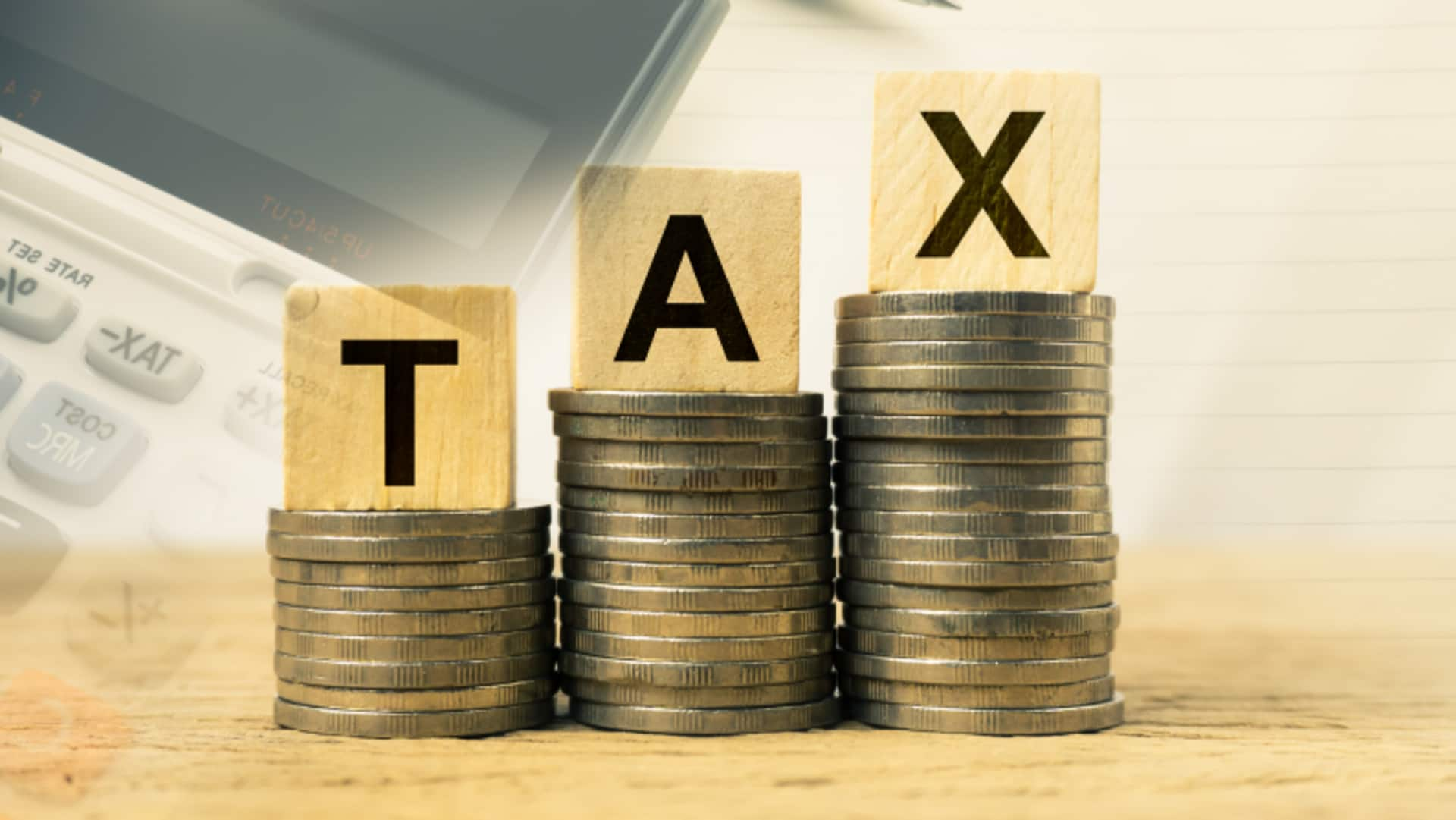
This is how your capital gains are taxed in India
What's the story
Capital gains tax is levied on profits from selling capital assets like property, shares, or mutual funds. The tax treatment varies based on the holding period of the asset in India. If the asset is held for less than a specified period, it is considered short-term capital gains (STCG). For financial assets such as equities, this period is usually less than 12 months.
STCG taxation
STCG tax rates for equities
STCG from equities and certain other financial assets is taxed at 20% without any indexation. For other assets, the STCG is taxed at the individual's income tax slab rates and the total holding period. This means if you sell stocks within a year of buying them, you'll have to pay a flat tax of 20% on your profits.
LTCG overview
What are long-term capital gains?
Long-term capital gains (LTCG) are profits from assets held for a longer period. For equities and equity mutual funds, assets held for over 12 months qualify as LTCG. In this case, stocks sold after more than a year will be considered long-term gains. The holding period is the main factor in categorizing these gains as long-term or short-term.
LTCG taxation
LTCG tax rates for all assets
LTCG on all the assets is taxed at a flat rate of 12.5% sans indexation. However, the gains up to ₹1.25 lakh are exempt from LTCG tax for equities and equity mutual funds. This means any profits up to this limit are completely tax-free and only the amount exceeding this limit is subject to a 12.5% tax on capital gains made after selling the asset.
Tax updates
Recent changes in capital gains taxation
For FY 2024-25, STCG on equities is taxed at 20%, up from the previous 15%. LTCG on all asset classes, including equities, gold, as well as property, is taxed at 12.5%. The exemption limit for LTCG on equity shares has been increased from ₹1 lakh to ₹1.25 lakh. However, indexation benefits have been removed for LTCG calculation to streamline the taxation process.